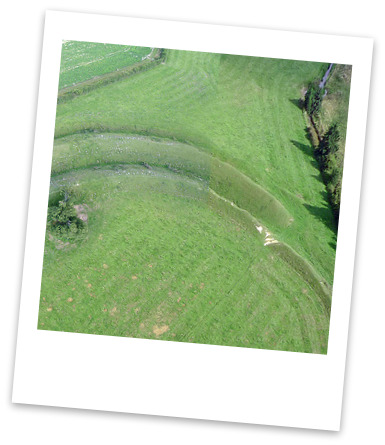
Most people are familiar with the spleen as the organ that ruptures during sports injuries or automobile accidents and has to be removed. Certainly, in such situations, removing the damaged organ is important. However, the spleen also serves as an important storehouse for monocytes, white blood cells that are essential to our immune system. Previously, scientists believed monocytes were stored only in the blood stream. In fact, the spleen contains ten times as many of these helpful cells.
The spleen provides a standing army of sorts for the body to use in times of crisis. This army is particularly important after heart attacks, where the rush of monocytes literally helps heal your damaged heart. While the study has only been conducted on mice at this point, an earlier study of World War II veterans also found a link between the spleen and heart attacks. Those who had their spleens removed due to war injuries suffered a mortality rate from heart disease and pneumonia that was twice as large as those who hadn’t.
Jeffrey Laitman, director of anatomy and functional morphology at New York City’s Mount Sinai School of Medicine, says the study is a reminder that humans have been evolving far longer than we have been living in our clean, comfortable, modern world. “From an evolutionary viewpoint, we’ve been living in the modern manner
for a relatively short time,” he points out. “Our circumstances have
changed a lot, but our bodies haven’t.”
So, the next time you consider seemingly useless organs like your spleen or appendix, remember that even if they don’t serve you now, they have played an important part in our species’ history.

